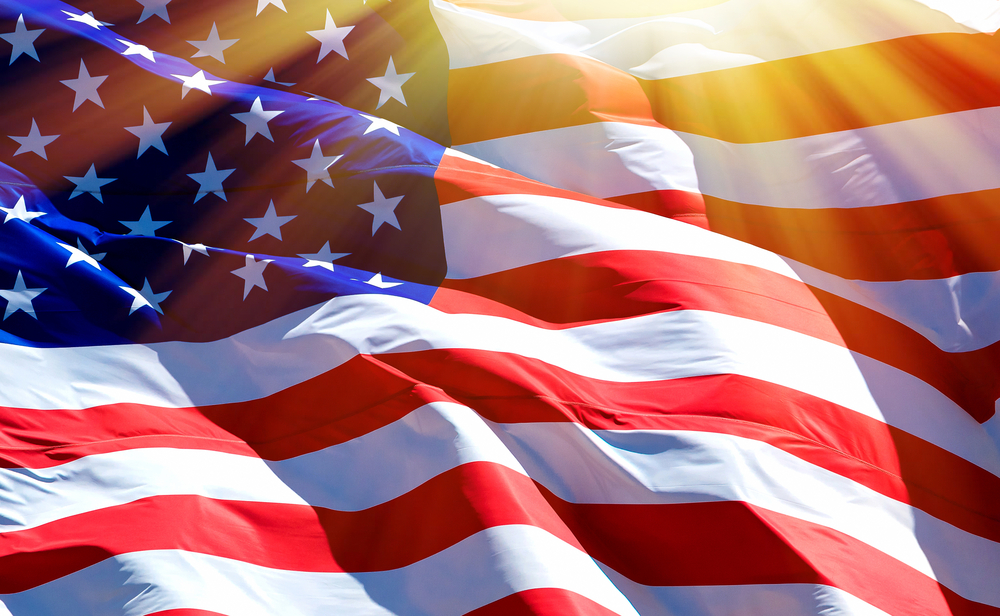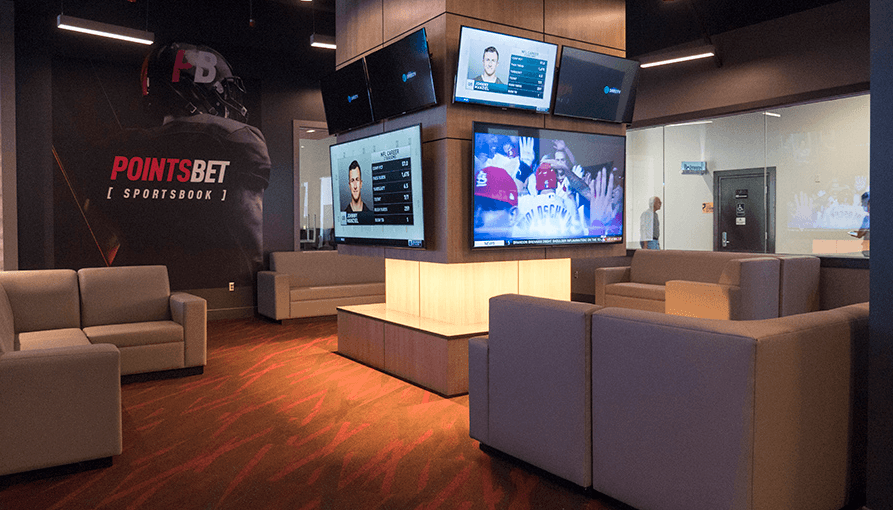New research published by GambleAware has revealed that BAME female gamblers are more likely to be negatively impacted by gambling harms.
The UK gambling industry charity, GambleAware, has published new research on women and gambling in Great Britain showing that female gamblers from Black, Asian, or minority ethnic (BAME) backgrounds are among those classed as “high risk.”
The study, which was conducted by YouGov, is part of a series commissioned to review the current need and demand for gambling treatment and support in England, Scotland and Wales. The research was carried out in the second half of 2019, with an initial random group followed by a targeted survey of gamblers with some level of problem or risk, and “affected others” in the second phase.
The Problem Gaming Severity Index (PGSI) was used to determine whether a respondent was a “low risk” gambler, a “moderate risk” gambler, or a “high risk” gambler. Low-risk gamblers have a PGSI score of 1-2, moderate risk gamblers have a score of 3-7, while high-risk people have a score of 8+.
The findings
According to the findings published by GambleAware, the survey discovered that 35% of female gamblers who experience high levels of harm and have a PGSI score of 8+ came from a BAME background, compared with 12% of the overall female population.
Of the 7,500 women who were polled, 8% are considered “affected others” who experience harm as a result of someone else’s gambling activities. Women from BAME backgrounds made up 16% of that group.
The study also explored the treatment and support available to female gamblers and found that a higher proportion of women than men cited stigma as a reason for not receiving gambling treatments.
Of those who did not want treatment, advice of support to help manage their gambling, two in five (or 39%) female problem gamblers said that feeling embarrassed or not wanting people to find out about their gambling was a key reason for not seeking help.
Marc Etches, chief executive of GambleAware said: “This research indicates that women, particularly in the capacity as an affected other, experience gambling harms in different ways to men and this report is an important first step in understanding those differences.
“This research was commissioned to help treatment providers, such as those operating via the National Gambling Treatment Service, address any barriers people may face when it comes to accessing help and support for their gambling and it is essential that services are flexible and meet the needs of individuals.”
Anna Hemmings, chief executive of problem gambling funding body GamCare, said: “This report has highlighted not only the challenges that need to be overcome, but also the opportunities available to service providers to help increase take-up of treatment and support to help reduce and prevent gambling harms among women.
“Across our treatment network, in line with the National Gambling Treatment Service, we are working with women to better understand the barriers they may face when it comes to seeking advice or help for their gambling, or experience as an affected other, so that we can continue to ensure they have access the services they need, regardless of their gender or background.”
GambleAware’s recent initiatives
This comes as the charity GambleAware launched two new safer gambling initiatives to help raise awareness for its Safer Gambling Campaign and the National Gambling Treatment Service.
The campaign will focus on encouraging people to think twice before betting, building upon the charity’s existing #BetRegret initiative. The campaign’s new content will run on Sky’s YouTube channel, Twitter page and other digital platforms.
At the same time, GambleAware will promote the National Gambling Treatment Service by running new advertisements across digital platforms, radio broadcasts, national and regional press through July and August.
In addition to this, a new National Health Service (NHS) Primary Care Gambling Service (PCGS) which offers help to adults who have gambling-related problems via GP surgeries has launched in London.






